National Suicide Prevention Lifeline:
1-800-273-8255 (Veterans PRESS 1)
Trans Lifeline:
877-565-8860
TTY users:
1-800-799-4TTY (1-800-799-4889)
Crisis Text Line:
Text HOME to 741741
These resources are free and available at all times.



It’s a good idea to have someone you trust help store things that could be dangerous.
Make sure your child is with someone you trust.
When your child visits other homes, you may want to ask about guns, other dangers, and adults in the home.
If you are unsure that your child will be safe, don’t take a risk, make other plans.
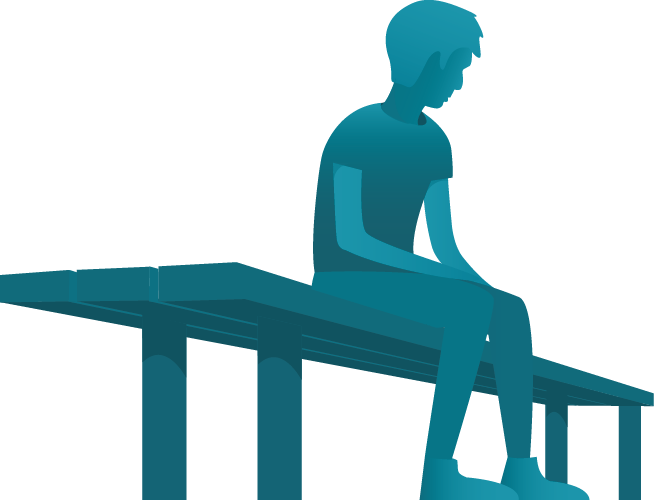
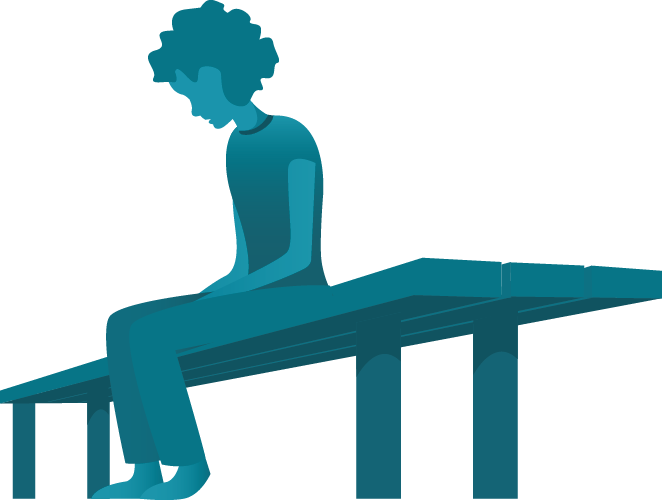
Some kids may feel sad or hopeless, some may feel angry or frustrated, some may turn to drugs or alcohol.
Some have thoughts of suicide.
Thoughts and feelings can last for minutes, hours, days, or longer. The choice to act is often sudden.
There are many ways to store potentially dangerous items. You may have storage methods in mind, but it can be helpful to think about storage again. When taking the first steps for storage, you should be aware of some common and everyday items that could be potentially dangerous. These may include:
Thinking through a few questions can help you find the best storage option today.




In fact, it’s a good idea to have someone you trust help make phone calls, hold onto potentially dangerous objects, take them to a storage facility, or help you store them either at home or elsewhere.



In fact, it’s a good idea to have someone you trust help make phone calls, hold onto potentially dangerous objects, take them to a storage facility, or help you store them either at home or elsewhere.

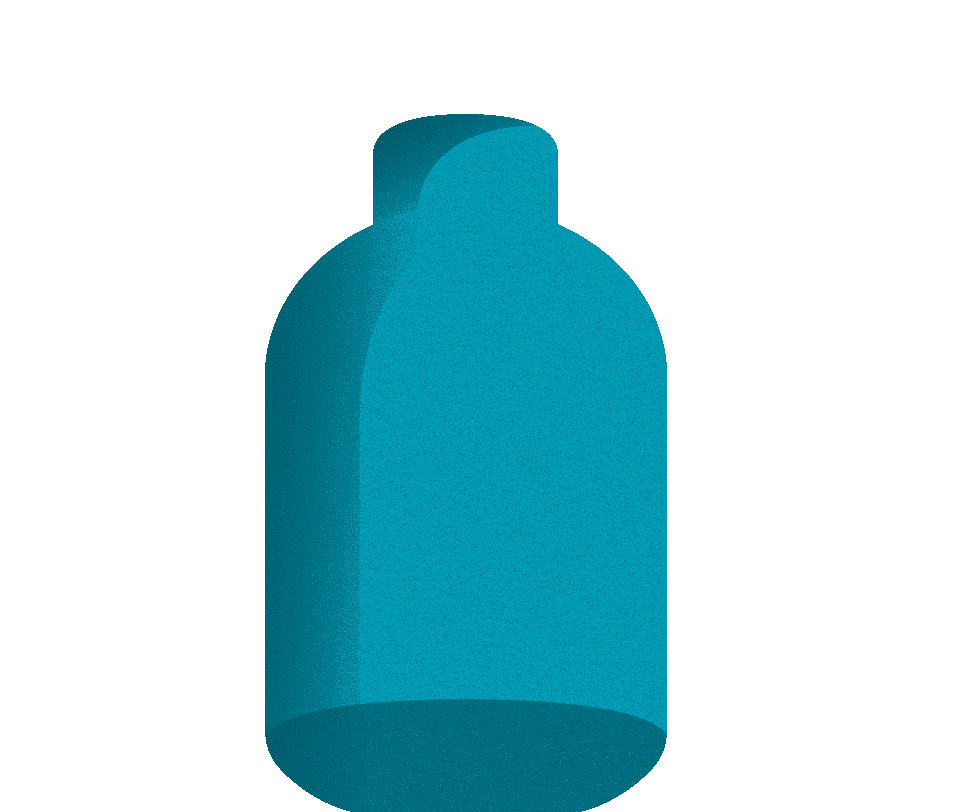

Medicines are a part of daily life. They can be prescription or found over-the-counter or for your pets. During tough times, it’s important to think about how to store these items safely.
Continue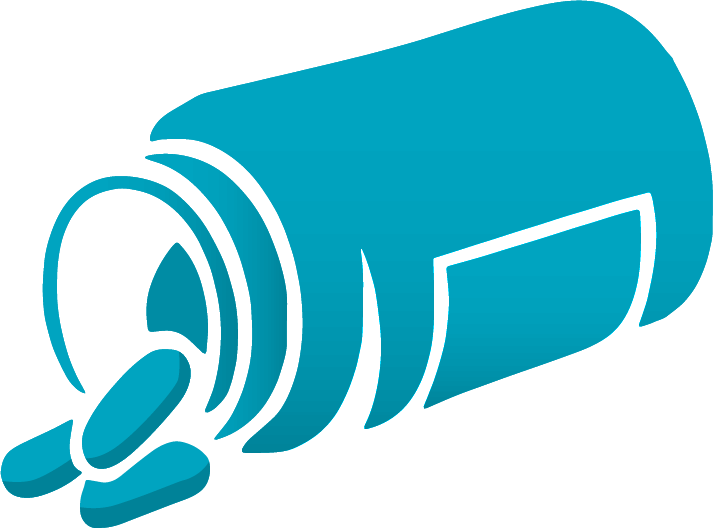
Some people need to take medicines daily, while others may just need them in a health crisis. Think about the medicines in your home and answer the following questions:
Next Step
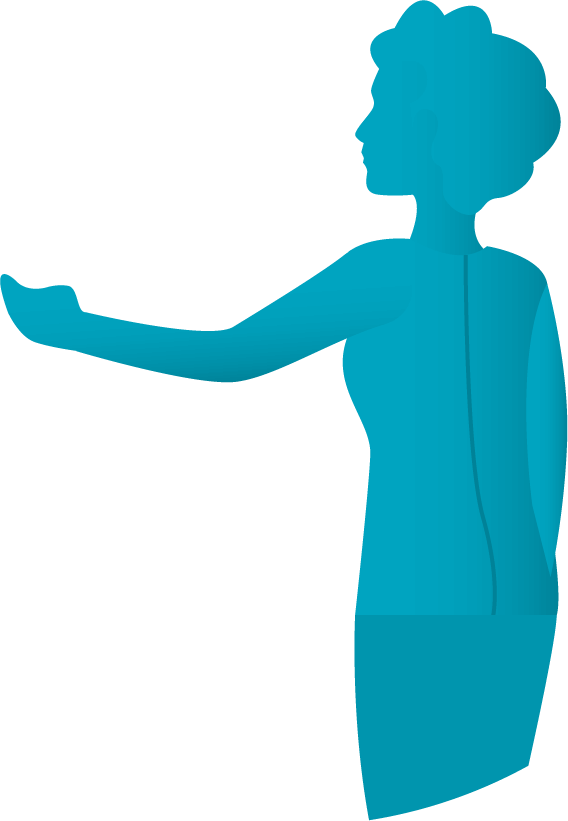


Some are free, some would require a one-time purchase, some have a monthly fee.


Before bringing firearms to any of these places, call ahead to make sure that they can store them.
These options should include storing your ammunition in a separate safe location.
Many people own firearms or live in a place where one may be accessible.
Keeping dangerous items, like firearms, out of reach during this time can save a life.
Firearms are the most lethal method of suicide.
https://www.hsph.harvard.edu/means-matter/means-matter/case-fatality/In fact, it’s a good idea to have someone you trust help make phone calls, hold onto potentially dangerous objects, take them to a storage facility, or help you store them either at home or elsewhere.






Storage is very important when there are signs that your child may be at risk. You may want to change your storage plan when risk is lower.
Other household dangers can be hard to lock up and store during tough times, but it’s still a good idea to talk about them. Dangers that you should be aware of are shown below:
Please click on or hover your cursor over an item to learn more.
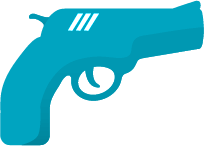

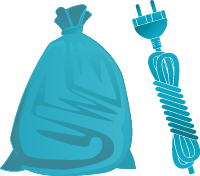
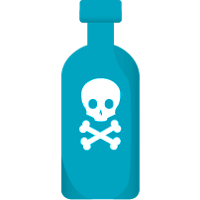

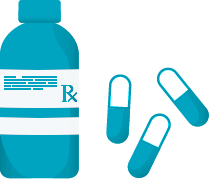
You may find these things around the house or use them daily. Others are more difficult to keep track of.
Here are some general tips and strategies for how to protect your child when you are concerned about safety:
This is someone who can help you with safe storage.




Click to learn more about common questions and concerns
If you or someone you know is in crisis or thinking of suicide:
National Suicide Prevention Lifeline:
1-800-273-8255 (Veterans PRESS 1)
Trans Lifeline:
877-565-8860
TTY users:
1-800-799-4TTY (1-800-799-4889)
Crisis Text Line:
Text HOME to 741741
These resources are free and available at all times.
In fact, it’s a good idea to have someone you trust help make phone calls, hold onto potentially dangerous objects, take them to a storage facility, or help you store them either at home or elsewhere.
Safe firearm storage is recommended by the National Shooting Sports Foundation (NSSF).
There are many ways to protect your child and make your home safer. There are also challenges that can make it hard.
Explore the options below and select those that might be an option for your family.
Medicines are a part of daily life. They can be prescription or found over-the-counter or for your pets. During tough times, it’s important to think about how to store these items safely.



Sometimes kids go through times when they feel stressed, down, alone, and hopeless. When kids are very upset, they are at greater risk for harming themselves.
You can protect your child during these times by being there and stopping them from getting guns, drugs, or other dangerous things that could lead to death. When your child was little you may have baby-proofed your home. A similar approach is needed when your child is under intense stress or distress.
This tool can help you make decisions about how to protect your child.